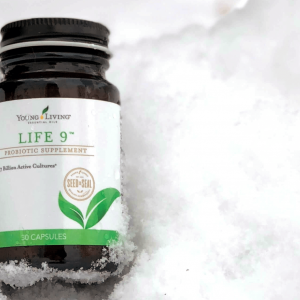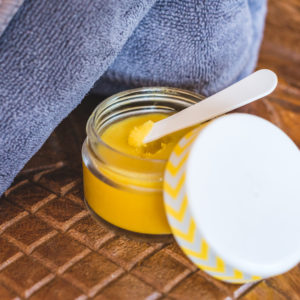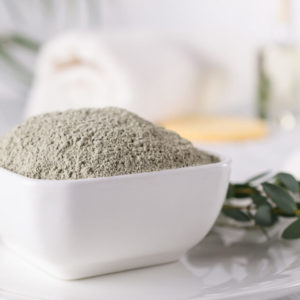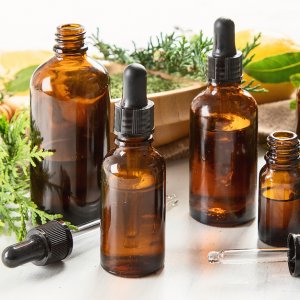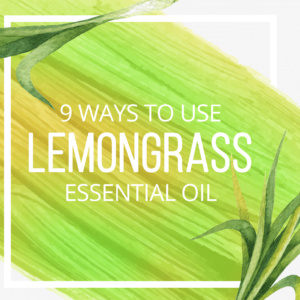Ingestion of essential oils has a bad reputation for causing liver damage. But what actually are the effects of essential oils on the liver? Studies have reported adverse reactions from depletion of metabolizing enzymes to the point of death. Conversely, studies have also shown liver protection from essential oils. Let’s look at how essential oils are metabolized to better understand the risks they have on the liver.
What is the Risk of Ingesting Essential Oils?
Metabolizing essential oils (the same as when metabolizing other external compounds) sometimes causes the production of electrophiles. Electrophiles are highly reactive molecules that require additional processing to prevent them from becoming toxic. Any substance, in sufficient quantities, can overwhelm the liver and produce more electrophiles than the liver can metabolize and this is what puts the liver at risk. Therefore it is important to only ingest small amount of essential oils in order to lower the risk of electrophile production.
The Critical Role of Glutathione
Most foreign substances, including essential oils, can potentially damage the liver by depleting glutathione. Glutathione is one of the most potent detoxifying substances in the body. It is responsible for removing a wide variety of foreign chemicals from the body.
However, it Takes a Lot
Importantly, it takes a lot of essential oils to deplete glutathione, produce electrophiles, or cause liver damage. Studies suggest that 0.5 mL/kg of cassia essential oils in rats can deplete glutathione. If this data were scaled up, it would take 35 mL to even start to deplete glutathione in a human body.
Yet, a report of a one-time ingestion of 30 mL of pennyroyal essential oil resulted in massive hepatic necrosis in an 18-year old girl. Because of this information, we do not recommend ingestion of excessive amounts of essential oil. The risk of ingesting large amounts of oil is also evident in two case reports of ingestion of between 5-20 mL of clove essential oil in two children aged 15 months and 2 years. Both children suffered liver damage as a result. In rats, large doses of menthol in soybean oil (equivalent to 15 mL/day) for 28 days caused vacuoles in the liver. Therefore, it is likely that damage to the liver is dependent on the dose. Furthermore, massive doses, especially massive doses over time, may cause liver damage.
Can Essential Oils Protect the Liver?
On the other hand, certain essential oils and some essential oil constituents have protected the liver against damage from foreign substances. Fennel and thyme oil protected against carbon tetrachloride damage and garlic oil against acetaminophen damage to the liver. Essential oil constituents, such as thymoquinone, can also increase the amount of glutathione produced. This helps the body eliminate toxins.
Bottom Line
As with everything essential oil related, the dose is absolutely, critically important. I choose to ingest essential oils on a daily basis, but I do not choose to over use them or ingest a lot of them at one time. To avoid negative effects of essential oils on the liver be sure to use small amounts.
For more ways to care for your liver, check out this blog post.
For much more about how essential oils effect the body,


